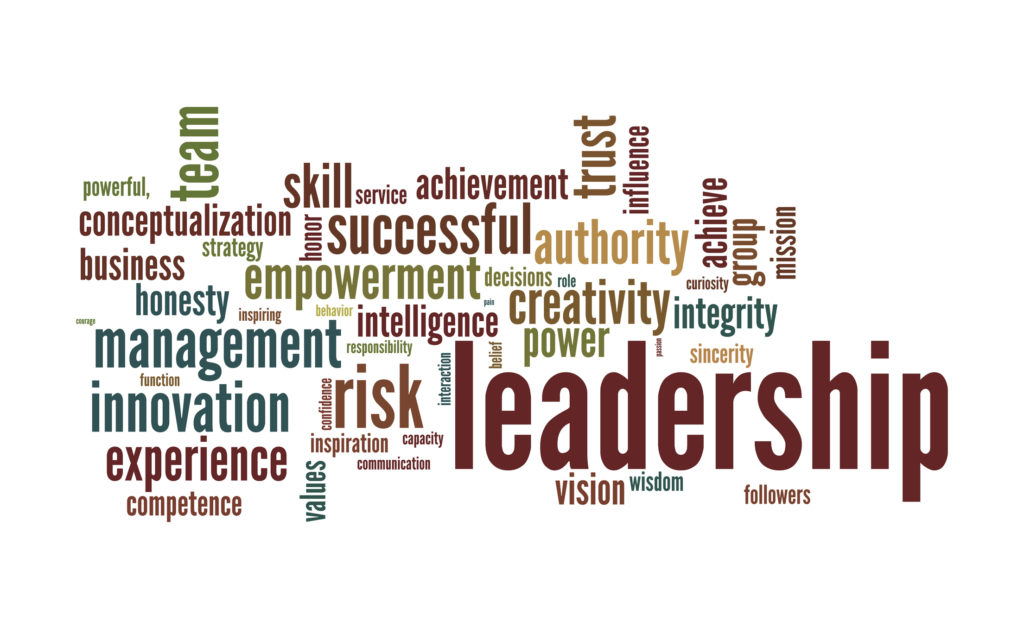
I went first. Now it’s your turn to dissect your transferable skills. If you haven’t started vetting your skill set to learn how each skill may advance or hinder your career, you should get going. Yesterday.
While I’m waiting on you, I’ll give another example of how I have discovered that the skills of a recovering attorney may – or may not be – transferrable.
Logic and reason are perhaps the primary reasons I went into law in the first place. I love logic. Had I grown up in Silicon Valley instead of suburban New York, I may have gone the engineering route, rather than the law one. My love of “if_, then_” is that strong. Attorneys are trained to use logic to draw reasonable conclusions, where black-and-white data does not exist. We extrapolate. We apply like-fact patterns to debate, compel and argue what should be before applying that same technique to dispel what should not be. In a lot of ways, we focus less on what actually is.
On the positive side, logic and reasoning skills have helped remind me to understand where people – employees, colleagues, clients – are coming from when figuring out what they may have meant. I save a lot of time by not having to have everything perfectly written in front of me before beginning a project. I can help people move forward with decisions by showing them how to analyze not only what is in front of them, but what’s not explicitly enumerated. We apply reasoning skills to our research and analysis and we reach decision-making stages early. For instance, when I train on consultative sales, I help teams connect the dots. “Sally mentioned some seemingly unrelated business costs related to the expanded office space several times. What can you conclude from that? What is most important to Sally, without having to ask her outright what is important to her?”
A negative of logic and reasoning skills: Not everyone thinks logically on a regular basis, nor would I want everyone around me to think the same way I do. We’d never get anywhere. We need the esoteric thinkers and the literal thinkers out there to keep us extremely logical people in line when we’re not sensitive enough or we start over-thinking things (again). But some illogical people do not get me, nor I, them. I have to calm my temper with people who either cannot or do not want to connect the dots. Such as the sales rep who says, “When did she say that? She said price wasn’t the issue. Why did you hear something different?” And I reply, “When she mentioned her company’s expanded office space and related costs, I didn’t need to hear her mention price. I inferred that it would be a deciding factor for her.” Logic and reasoning involve the ability to listen to what isn’t being spelled out for you. But for people like me, they also require patience in understanding that other people may process information in a completely different way than I do.
Another positive of honed logic skills comes into play with big-picture thinking and the ability to quickly prioritize projects, both big and small. “Reverse engineering” skills – reconstructing something based on what you already know about it – are almost innate for an extremely logical person.
Fortunately, “reverse engineering” can be taught – even to the most literal or esoteric thinkers. In fact, if you haven’t yet started “reverse engineering” your career by taking inventory of your transferrable skills, what’s stopping you? Taking a look at each step of your career to-date, choose the top 5-10 skills or traits that played had recurring roles. Then ask yourself why those skills helped you at the time and how you can reapply them in other areas of your career and life.
Careful not to analyze them in their existing patterns. Separate them; mix them up; move them around; partner them with each other. Then imagine how you can reconfigure them to build a better career – using the tools you already have.
